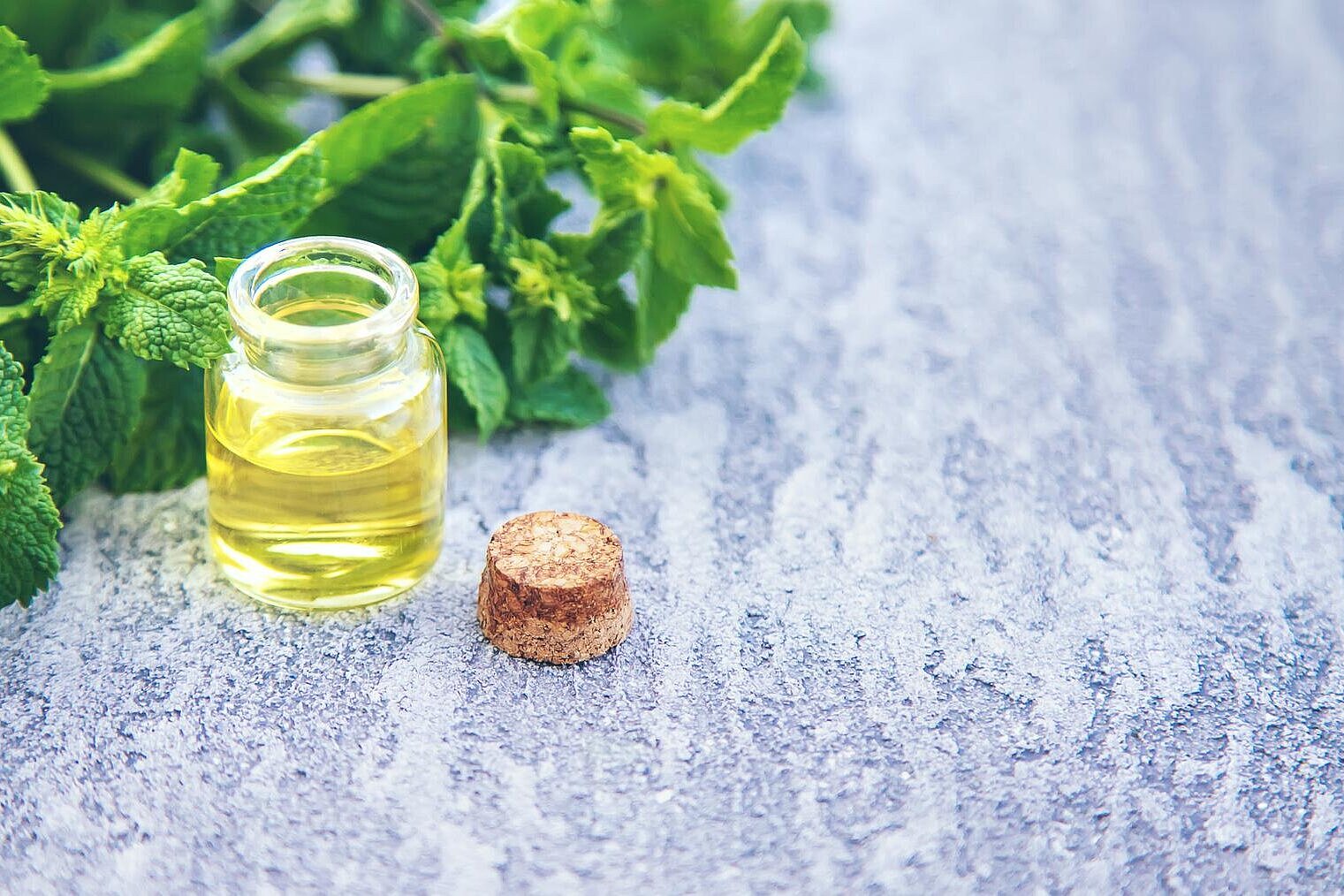Linalyl acetate

What is linalyl acetate?
Linalyl acetate is an ester formed by combining linalool, an alcohol, with acetic acid. This chemical compound is mainly found in essential oils such as lavender oil, bergamot and other citrus oils. Linalyl acetate is largely responsible for the characteristic sweet and floral scent of these oils and is valued for its pleasant fragrance and efficacy profiles in both aromatherapy and cosmetic products.
Benefits of linalyl acetate for dogs
Natural relaxation and stress relief
In aromatherapy, linalyl acetate is often used for its calming properties. It can help reduce anxiety and stress in dogs, especially in potentially stressful situations such as during thunderstorms, fireworks or while traveling.
Support in falling asleep
The calming properties of linalyl acetate can also help to promote sleep. For dogs that have difficulty falling asleep or are restless sleepers, the targeted use of this aroma could be beneficial.
Skin care
In some cases, linalyl acetate can also be useful in skin care for dogs. In diluted form and as an ingredient in specific skin care products, it can help soothe irritated skin.
Possible disadvantages and risks
Toxicity risk
While linalyl acetate can offer many benefits in low concentrations and when used expertly, there is a risk of toxicity if used incorrectly. Essential oils and extracts, including linalyl acetate, should never be applied to dogs in pure form or administered orally, as this can lead to symptoms of poisoning.
Allergic reactions
Some dogs may be sensitive to linalyl acetate or the essential oils in which it is contained. Skin irritation, allergic reactions and other adverse effects may occur if a dog comes into direct contact with these substances.
Interactions with medications
There is also the possibility that linalyl acetate and other essential oil constituents may interact with certain medications that a dog may be taking. Such interactions may reduce the effectiveness of the medication or cause unwanted side effects.
Use with caution
Linalyl acetate can be a source of natural relaxation and stress relief for dogs, but caution is advised. It should always be used with consideration of individual tolerance and only after consultation with a veterinarian. In the appropriate form and concentration, linalyl acetate can help improve the well-being of dogs, but responsible use is crucial to avoid risks. Ultimately, your dog's health and safety should always be paramount when considering the introduction of new substances into their environment or grooming routine.
If you notice any signs of hypersensitivity or poisoning in your dog, you should see your vet immediately. We are not a substitute for a vet, but we try to be as accurate as possible. Every dog reacts differently and we recommend you get a second opinion or consult your vet if in doubt.
Stay healthy and take good care of your four-legged friend!😊
Similar to Linalyl acetate
Menthyl acetate has some positive effects for dogs that you can take advantage of. For one, giving your dog a treat with menthyl acetate can help freshen their breath. On the other hand, offering...
Acetic acid benzyl ester is a chemical compound that belongs to the ester group. Esters are formed by the reaction of an acid with an alcohol, in this case acetic acid and benzyl alcohol. This...
Geranyl acetate belongs to the family of esters, chemical compounds formed by the reaction of acids with alcohols. It is known for its occurrence in a variety of plants and for its characteristic...
Citronellyl acetate is an organic ester that is formed by combining citronellol, an alcohol, with acetic acid. It is known for its pleasant odor, which is often compared to the fresh scent of roses...



